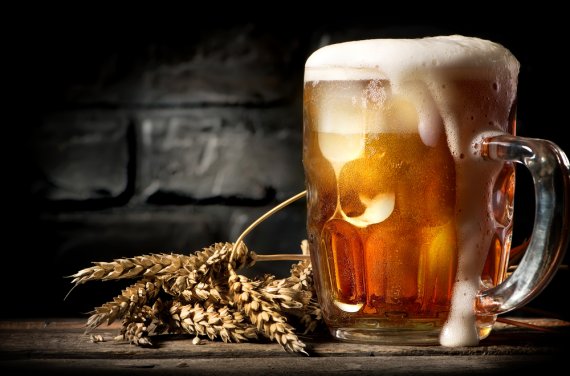The researchers quantified the energy and raw material use in the two preparation methods. As a measure, they used exergy. This is the amount of physical work that a raw material or energy stream can perform, in other words the energy it contains. The exergy of the conventional process was 441 megajoules, that of the enzyme-assisted process 354 megajoules. Moreover, the consumption of water, raw materials and natural gas in the enzyme-assisted process was lower by 7, 14 and 78 percent respectively.
‘In the conventional beer-brewing process, you first soak then heat the barley, so that the barley produces its own enzymes,’ explains co-author Atze-Jan van der Goot. ‘Then this mixture has to be dried.’ Unmalted barley and enzymes are rather easier than this to use. These enzymes are necessary to convert the barley starch into fermentable sugar.
Nevertheless, the researchers were not certain in advance that the alternative would have a lower environmental impact. ‘That would be the case were you to regard these enzymes as a heap of dust and only count their chemical exergy,’ says Van der Goot. But the enzymes also have to be created and with an exergy of 676 megajoules per kilogram that is an energy-intensive activity. However, because very little enzyme is needed, enzyme-assisted brewing turned out to be more sustainable.
In answer to whether brewers will welcome the alternative recipe, Van der Goot says: ‘For new markets or products I can imagine they will, but it would be no easy matter to make Heineken and other premium beers in a different way. In their case, the classic method of brewing is much too important.’

